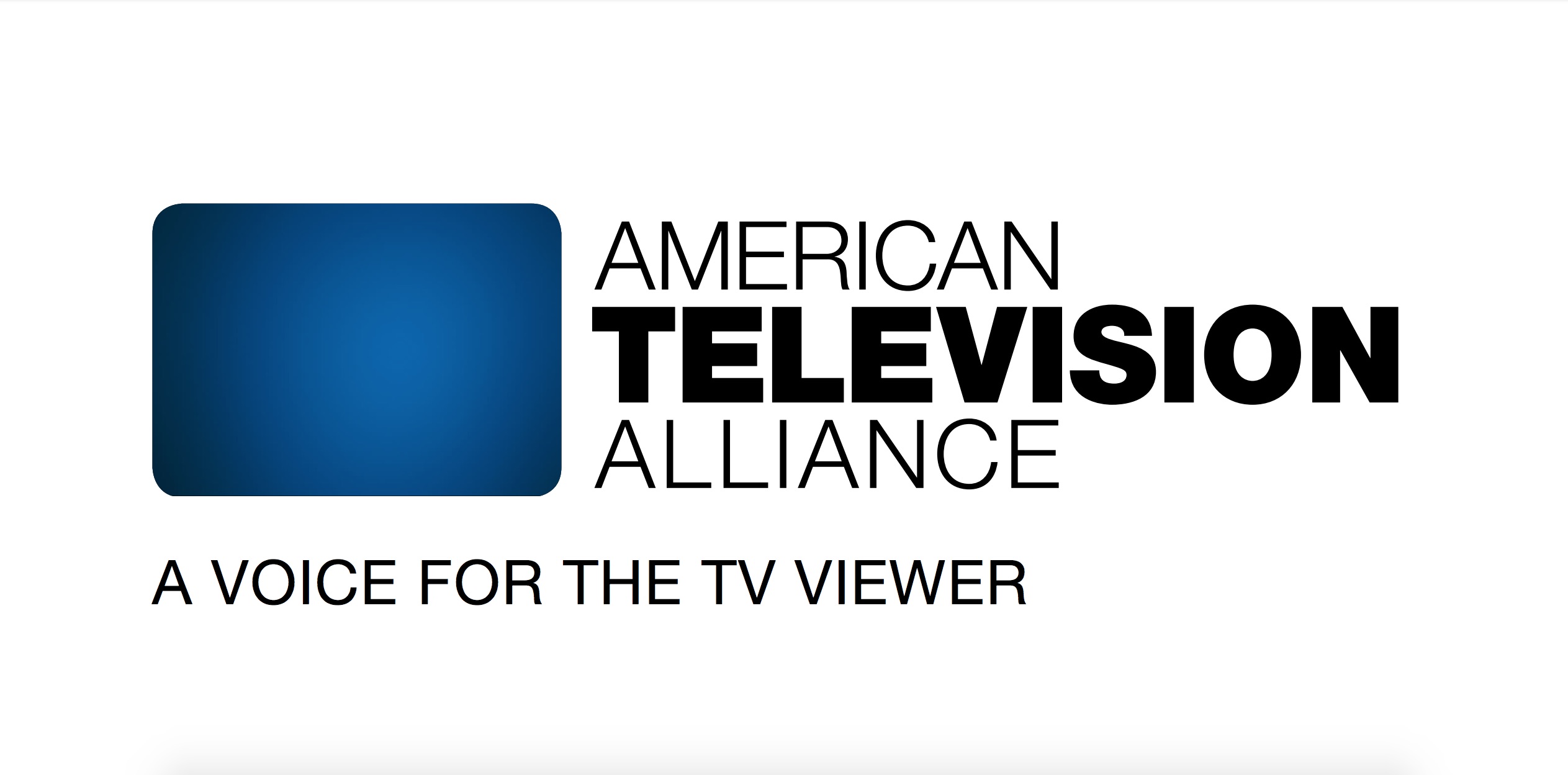ATVA: Station Blackouts Number More Than 60 in First Half of 2019

The smarter way to stay on top of broadcasting and cable industry. Sign up below
You are now subscribed
Your newsletter sign-up was successful
The American Television Alliance, a Washington lobbying group that includes major distributors like AT&T, Charter Communications and Dish Network, said the number of station blackouts have reached more than 60 in the first half of this year, and nearly 550 since 2016, averaging more than one dozen service disruptions per month.
“This week, congress will examine whether the video marketplace is working and here are another 550 reasons why it isn’t,” ATVA spokesman Trent Duffy said in a press release. “The video marketplace keeps changing, but the TV blackout crisis and retrans racket that hurts consumers stays the same. In this case, one of America’s biggest broadcasters is making a mockery of station ownership restrictions by unduly controlling what ‘independent’ broadcasters are doing. Consumers have already lost several billions of dollars while being played as both pawns and stooges. It is beyond time to bring our nation’s ancient video laws into line with the harsh realities of what’s really occurring.”
Duffy pointed to seven small station groups, managed and controlled by Sinclair Broadcast Group, that went dark to DirecTV, DirecTV Now and Uverse customers in 14 cities on May 30. Those broadcasters are: Deerfield Media, MPS Media, GoCom Media of Illinois, Howard Stirk Holdings, Roberts Media, Second Generation of Iowa, and Waitt Broadcasting.
According to the ATVA, there have been more than 1,000 station blackouts since 2010, with 2017 the worst year for the industry, with 213 stations pulling their signals. Last year there were 165 blackouts, ATVA said, with 62 disruptions so far this year. Here’s the annual rundown, according to ATVA.
- 62 blackouts in 2019
- 165 blackouts in 2018
- 213 blackouts in 2017
- 104 blackouts in 2016
- 193 blackouts in 2015
- 94 blackouts in 2014
- 119 blackouts in 2013
- 90 blackouts in 2012
- 42 blackouts in 2011
- 8 blackouts in 2010
The number of service disruptions, the lobbying group added, adds to the urgency for reform. ATVA pointed to its support of the reauthorization of the Satellite Television Extension and Localism Act (STELAR), which is currently being considered by lawmakers. Without a new STELAR reauthorization, ATVA said as many as 87,000 satellite subscribers, mostly in rural areas, would lose access to broadcast channels.
“Congress should not only re-authorize STELAR so rural America can continue receiving all their broadcast channels, but also modernize the retransmission consent rules, which currently favor broadcasters at the expense of consumers and competition,” Duffy said in the press release.
The smarter way to stay on top of broadcasting and cable industry. Sign up below
